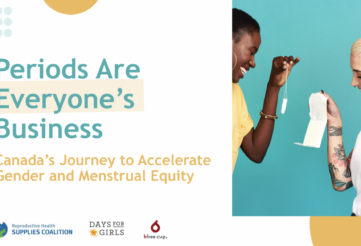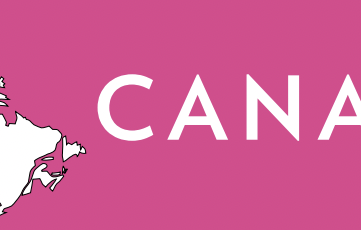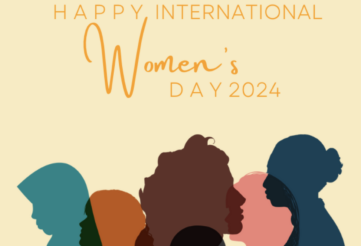Menstrual Health in Lebanon
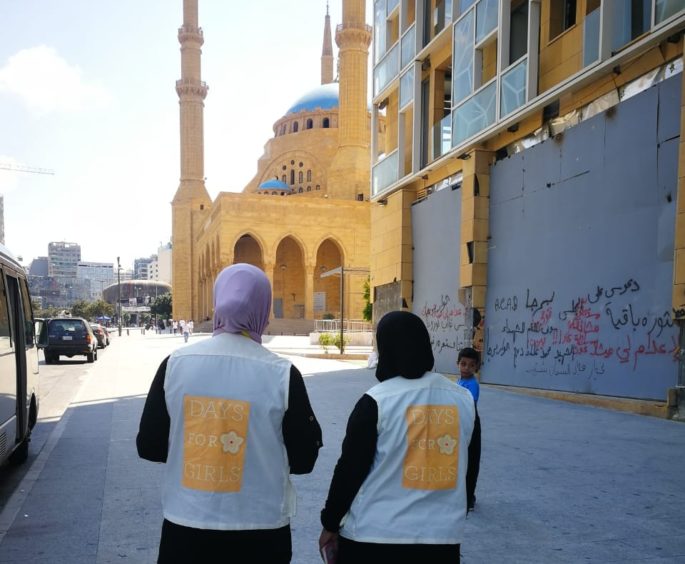
THE PROBLEM
Over the past several years, Lebanon has been hit by several significant disasters: the Covid pandemic, the Beirut explosion in August 2020 and the near-collapse of its currency. These disasters struck a country already dealing with one of the world’s largest percentages of refugees – including those from Palestine and Syria. In this difficult time, the government subsidized men’s luxury health products like shaving cream and razor blades, but left menstrual health (MH) products unsubsidized – there is no MH policy in Lebanon and no government budget set aside for women’s health.
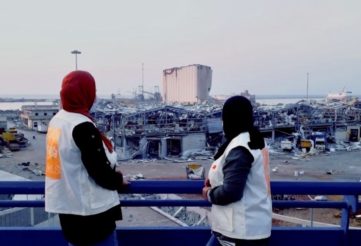
In response to this stark lack of MH care, Khayrieh Al Assaad and Days for Girls in Lebanon are stepping up. Khayrieh is the Days for Girls Country Representative for Lebanon. She and the Enterprise team – comprised mostly of Syrian refugees – have led the distribution of more than 50,000 DfG Kits to Syrian and Palestinian refugees, and Lebanese people who menstruate. Additionally, this number includes nearly 24,000 people reached with Kits in response to 2020’s Beirut explosions. As Lebanon’s economic crisis has plunged whole segments of society, including the middle class into poverty, Days for Girls Country Representative Khayrieh and Enterprise staff are leading local MH champions in a coordinated effort to serve both refugee and Lebanese women and girls by pursuing activism, advocacy and partnerships with multi-laterals and nongovernmental organizations in the region.

In recognition of Khayrieh’s exemplary leadership in the MH sphere, she was invited to be one of nine people – five of whom are nonprofit professionals – to participate in a study examining the state of women’s MH care in Lebanon. On behalf of Days for Girls International, Khayrieh was recruited to participate in the study particularly due to the MH management experience and expertise she has gained in her work with DfG.
THE STUDY
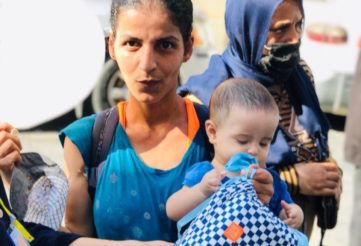
The study, entitled, “Menstrual health and period poverty in Lebanon during economic crisis: A qualitative analysis of the challenges and recommendations,” lays out the menstrual inequities present in Lebanon today and portrays how it is affecting women and girls throughout the country.
Initial data from this study demonstrate the extent to which women in Lebanon are negatively affected by unsupportive menstrual environments:
- 76.5% of Lebanese women find it difficult to accessmenstrual products
- 43% report anxiety and stress about MH
- 36% suffer from physical symptoms
- 35.9% avoid doing everyday activities because of poor period management
- 46.5% of the surveyed women reported feeling ashamed of their periods
- 47% of the participants were fearful that others would know they were menstruating
The study also details how more people are being pushed into period poverty, partially due to the fact that the cost of period products rose by 500%. Due to this increase in period poverty, women and girls are having to miss work and school, putting them even further behind their male counterparts. Meanwhile, many women also have severe health issues stemming from inadequate period products, a lack of proper MH education and social stigma and shame that keep them from seeking medical attention until preventable cases are extremely advanced.

THE SOLUTION
Khayrieh is accustomed to approaching crises with a menstrual lens. As such, she was uniquely positioned to answer the study’s question of what Lebanon needs to do to incorporate an approach to policy that is inclusive of menstrual-aged women and girls. All interviewees in the study, including Khayrieh, agreed that “immediate measures must be taken [in Lebanon] to alleviate the burden on women.”
One short-term solution that study participants proposed was to look at what immediate economic actions could be taken by the government to level the financial playing field. Long term, however, education and public policy would need to be established as the primary policy pillars, requiring the involvement of the Ministry of Higher Education. Khayrieh and the other participants also emphasized the vital role of the government in sustainably addressing and establishing MH equity. Increased advocacy by the public, participants noted, is also necessary to instigate change; sustainable change can only be achieved as it incorporates a high degree of public awareness (Abou Daher, et. al.). “The main culprit is, at its root, societal values and stigma. A way of changing society is through education. Without it, myths perpetuate and stigma strengthens.”
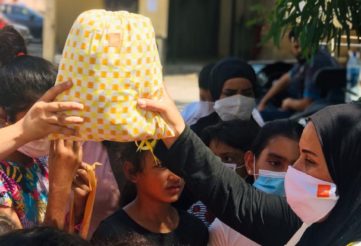
In the meantime, Khayrieh and other DfG Enterprise members and educators are continuing to do their part to change period stigma by reaching refugees, providing education to women and girls, and making Lebanon a more menstrual equitable place one Kit at a time.







